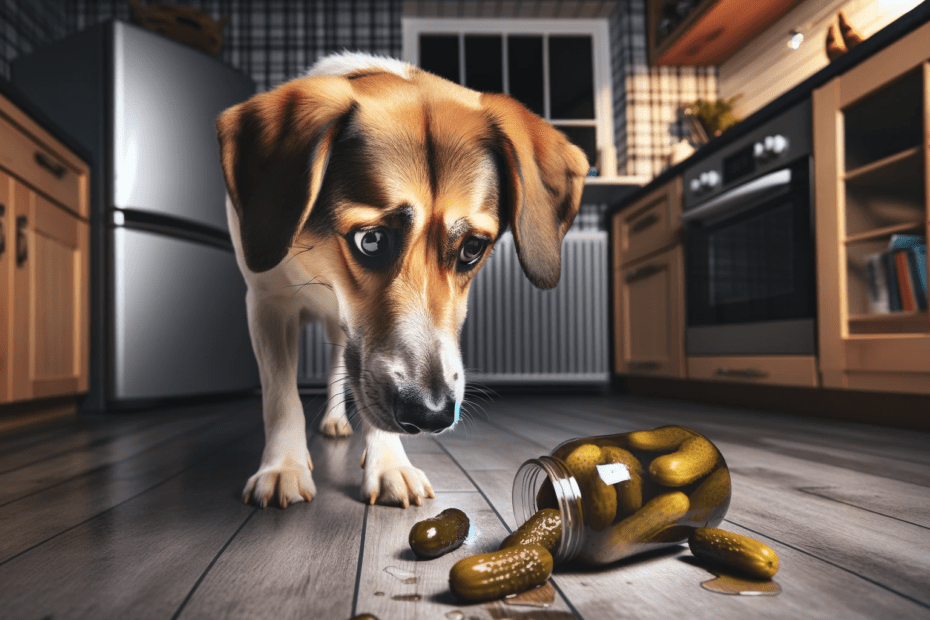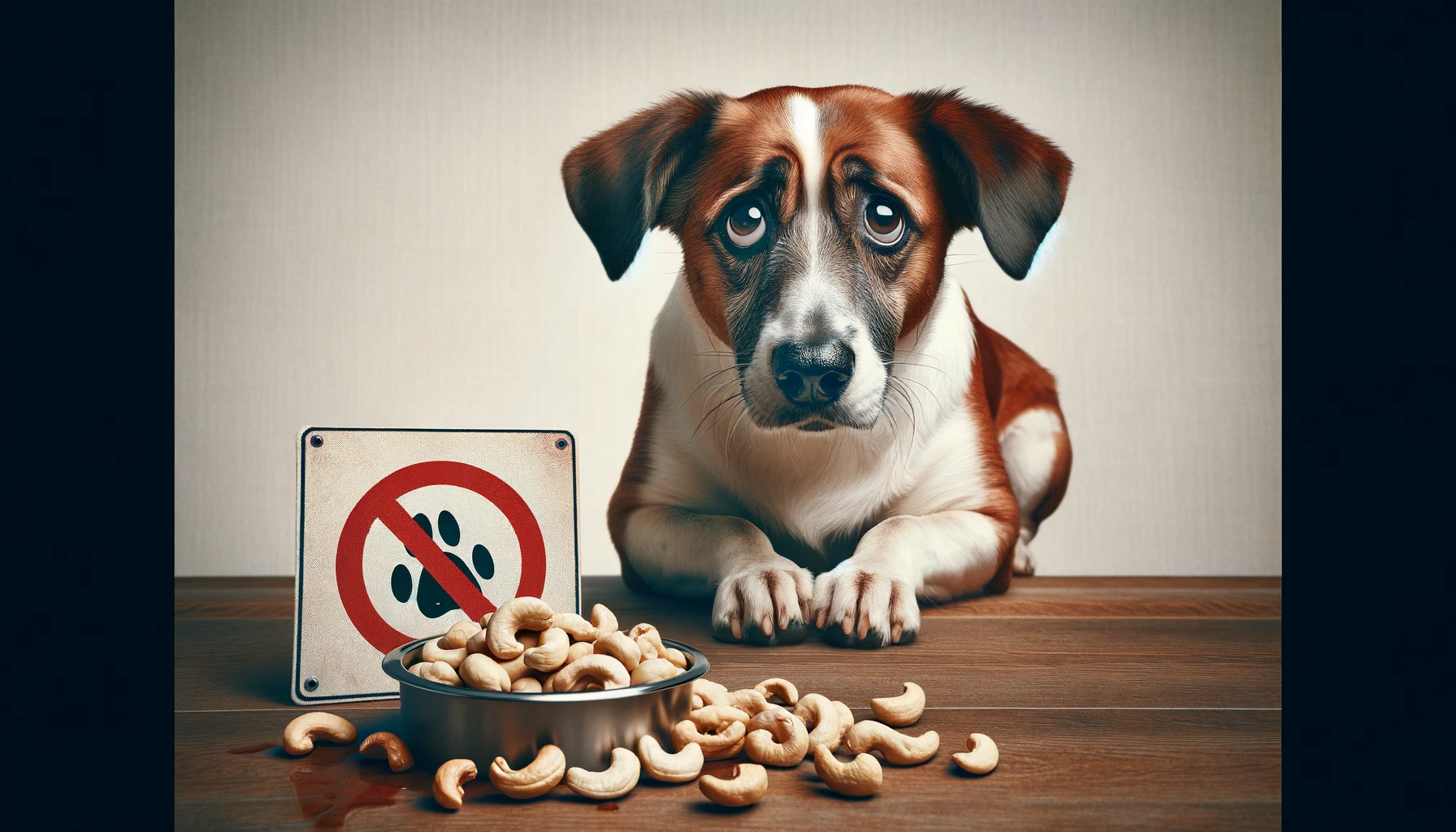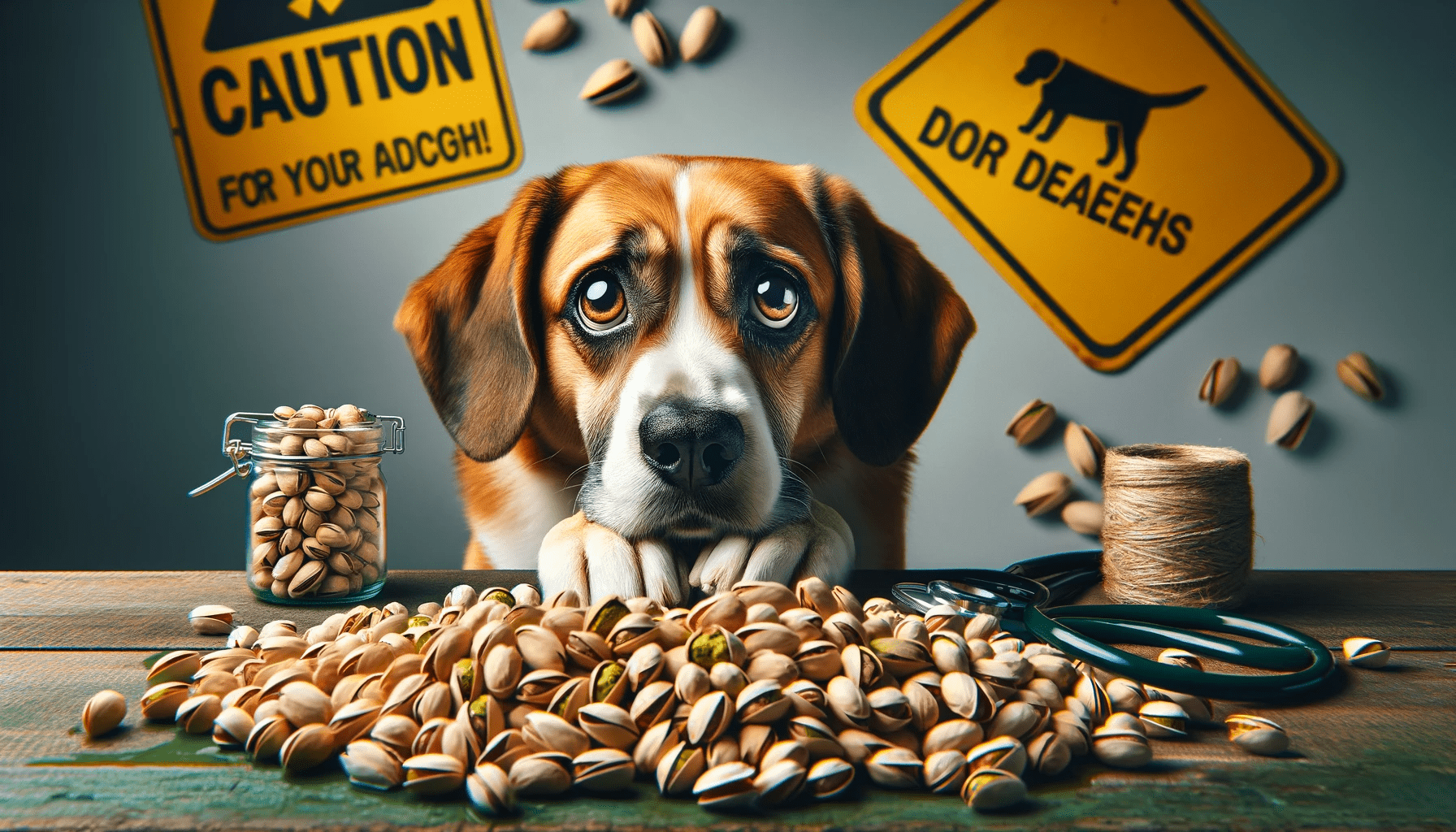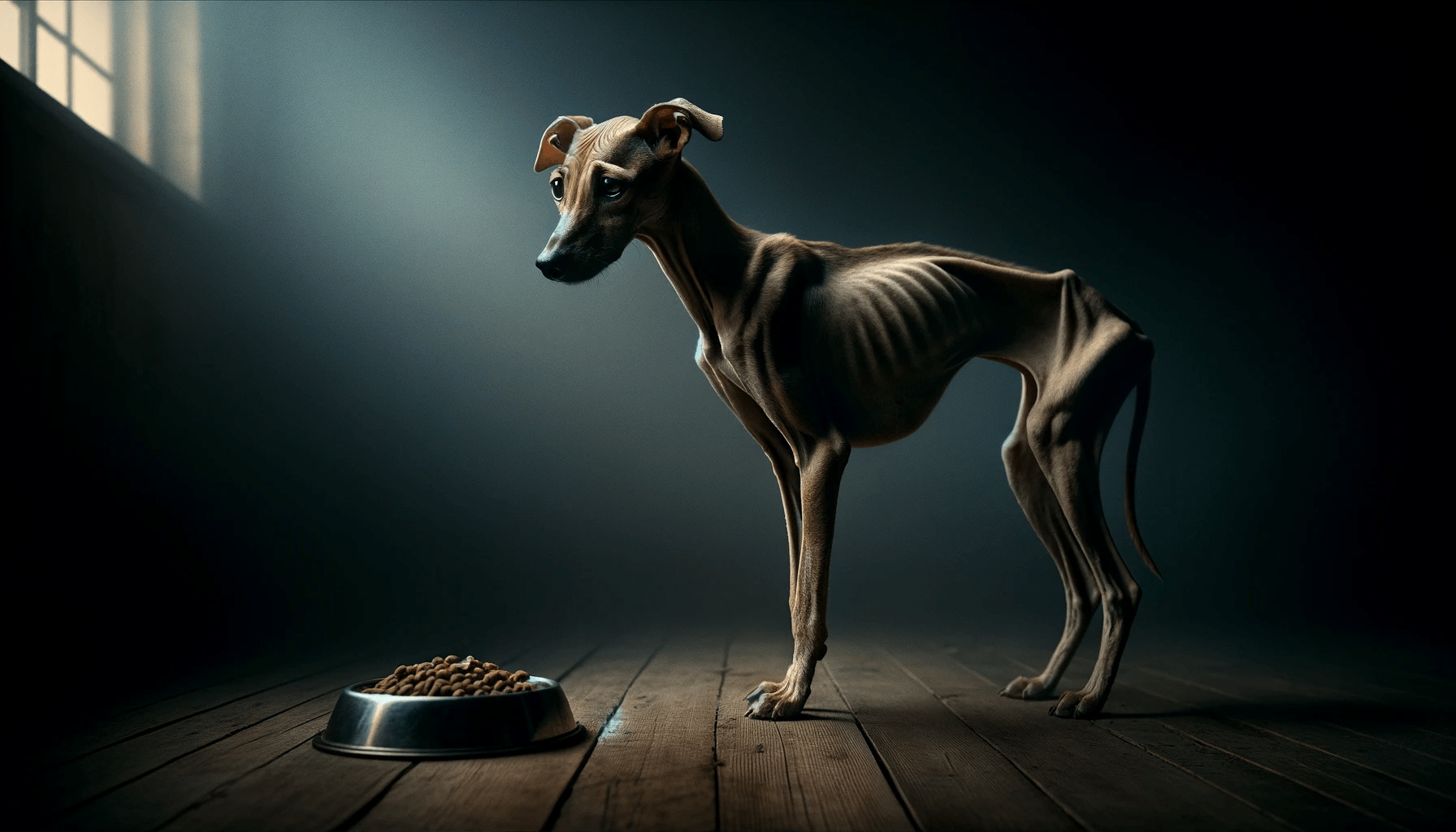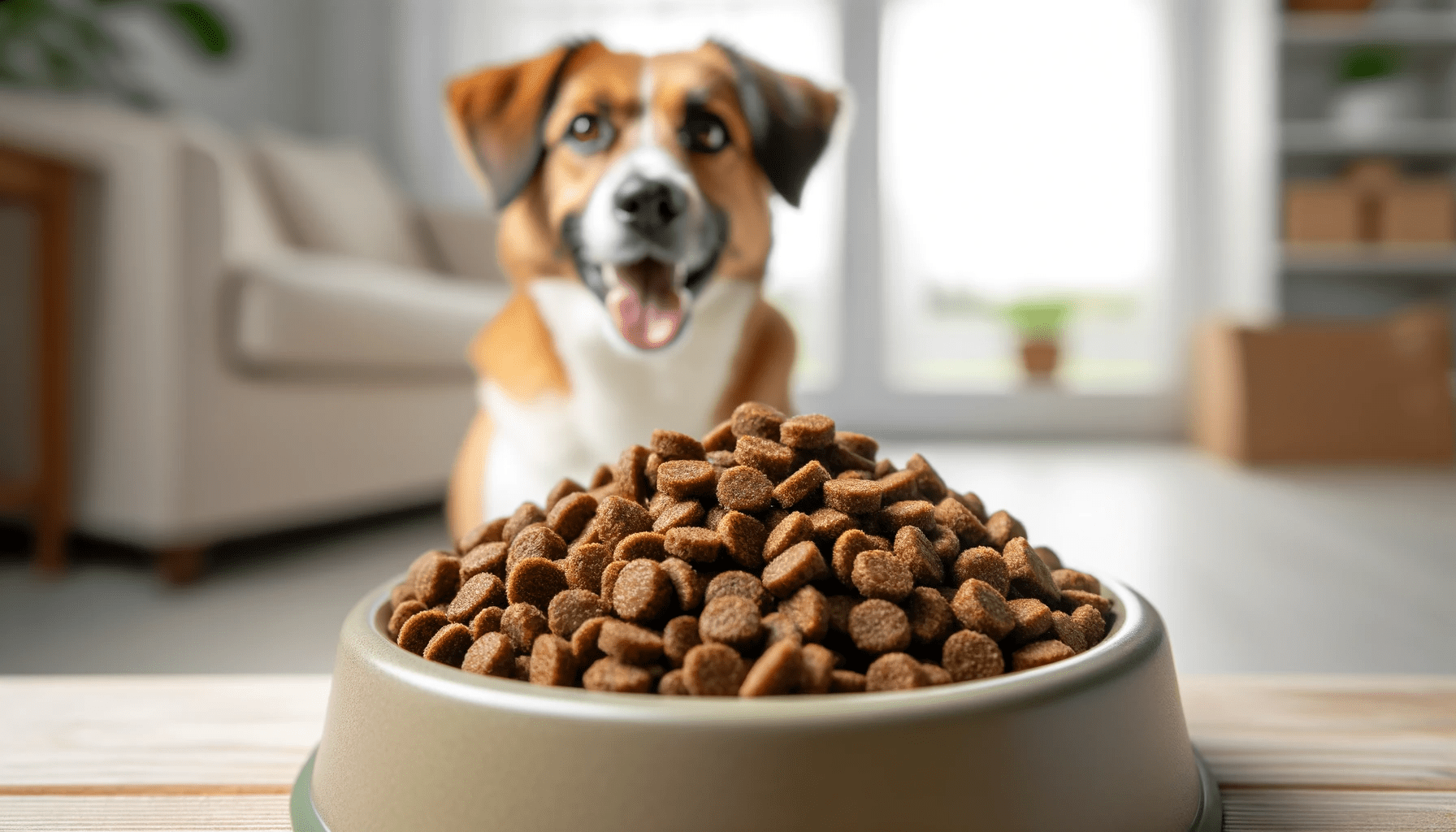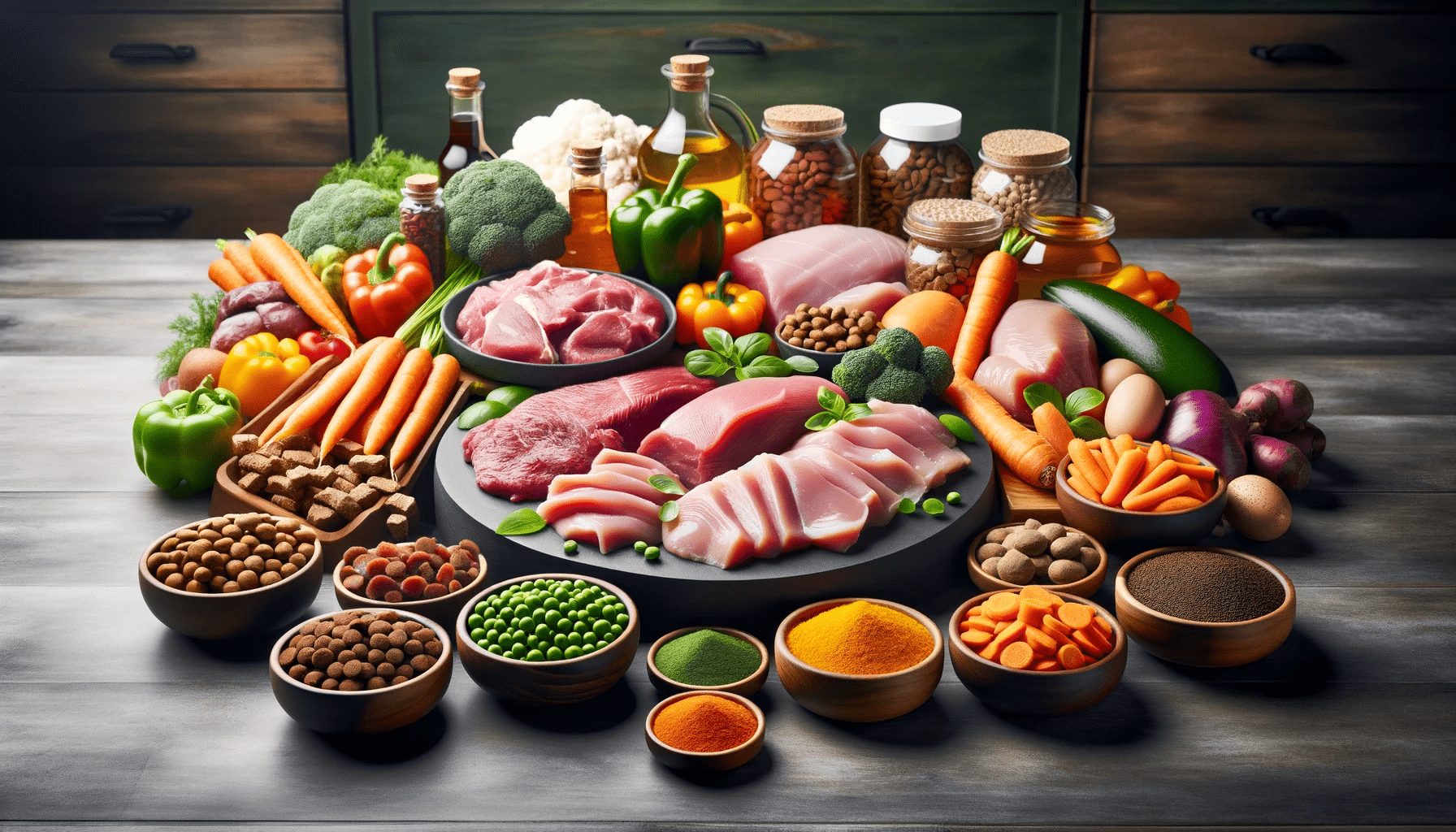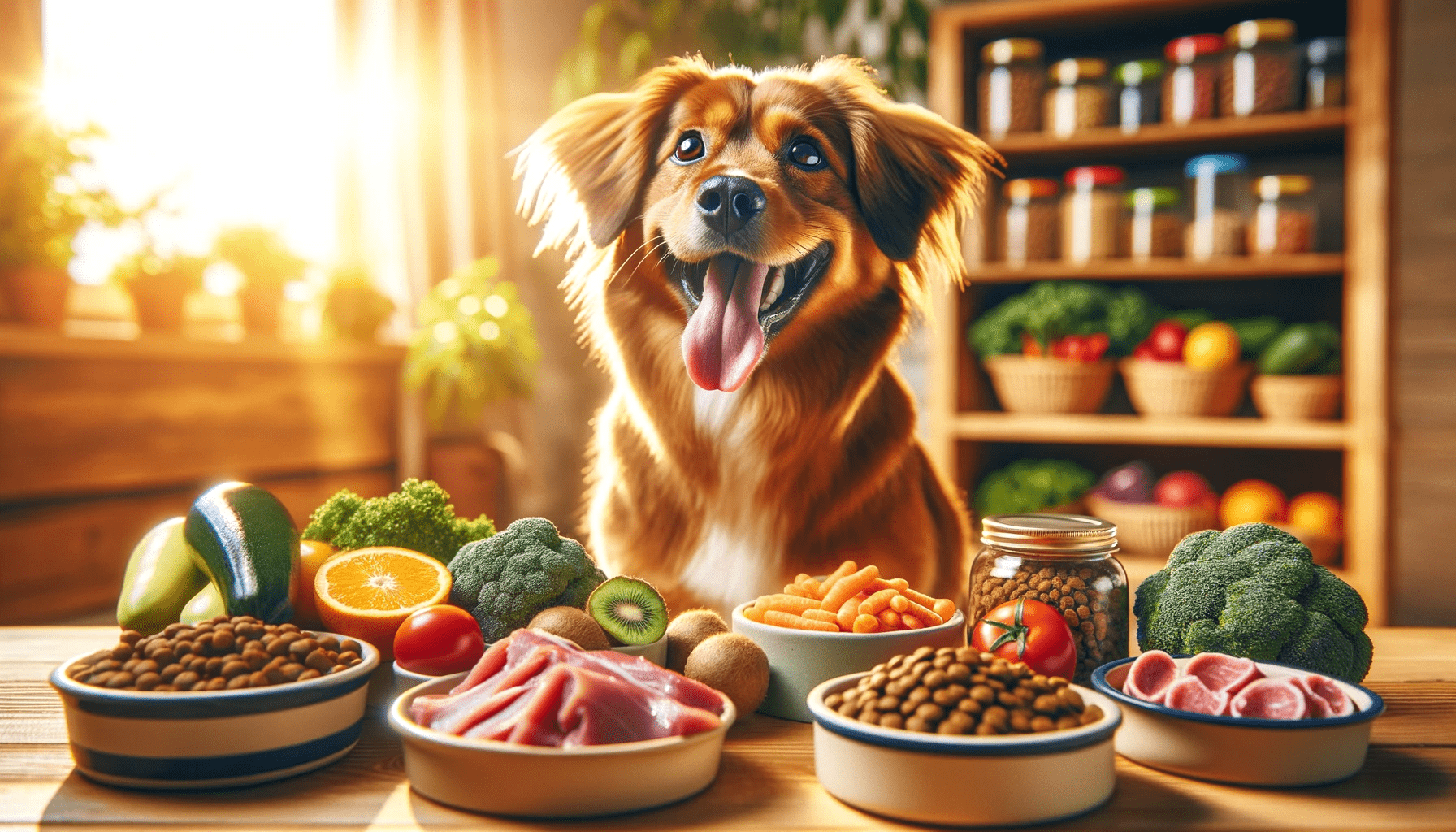Are pickles bad for dogs? Find out the truth behind this theory.
While pickles may be a tasty treat for you, they can actually be harmful to your furry friend. High in sodium, pickles can lead to dehydration and increased blood pressure in dogs.
Not only that, but pickles often contain toxic spices like garlic and onion, which can damage a dog’s red blood cells. The high acidity and vinegar content of pickles can also cause stomach discomfort, vomiting, or diarrhea in dogs.
It’s best to steer clear of feeding pickles to your canine companion. Instead, consider healthier alternatives like cucumber slices, which are low in sodium. Remember to consult with your veterinarian before introducing any new food to your dog’s diet.
Key Takeaways
- Pickles have a high sodium content that can be harmful to dogs, leading to dehydration and increased blood pressure.
- Pickles often contain toxic spices like garlic and onion, which can damage a dog’s red blood cells and cause anemia.
- The high acidity and vinegar content of pickles can cause stomach discomfort, vomiting, or diarrhea in dogs.
- It’s best to avoid feeding pickles to dogs altogether, especially those with underlying medical conditions such as kidney or heart problems.
Potential Health Risks of Pickles for Dogs
Avoiding pickles is important for your dog’s health due to potential risks they pose. While pickles may seem harmless, they can actually contain high amounts of sodium, which can be detrimental to your dog’s health. Dogs have a lower tolerance for salt compared to humans, and consuming too much sodium can lead to serious health issues.
One of the main concerns with pickles is their high sodium content. Dogs with underlying medical conditions, such as kidney or heart problems, are especially vulnerable to the negative effects of excess sodium. Consuming large amounts of sodium in a short period of time can result in seizures, excessive thirst, vomiting, diarrhea, or loss of balance.
Furthermore, some ingredients in pickles can be toxic to dogs. Garlic and onions, commonly found in bread-and-butter pickles, contain compounds that can cause anemia in dogs. This can lead to a decrease in red blood cell count, resulting in weakness, fatigue, and pale gums.
To ensure the health and well-being of your dog, it’s best to avoid feeding them pickles altogether. Instead, provide them with a balanced and appropriate diet that meets their nutritional needs.
If you suspect your dog has ingested pickles or any other potentially harmful food, it’s important to consult with your veterinarian for proper guidance and treatment.
Harmful Ingredients in Pickles for Dogs
Did you know that certain ingredients commonly found in pickles can be harmful to dogs? Garlic and onions, commonly used in bread-and-butter pickles, are toxic to dogs and can cause anemia.
Additionally, the high sodium content in pickles can be problematic for dogs with underlying medical conditions.
Toxic Additives in Pickles
Toxic additives in pickles can pose serious health risks to your dog. Some pickles contain harmful ingredients that can be toxic to dogs, such as garlic and onions. These ingredients can cause anemia in dogs, leading to a decrease in red blood cell count.
Additionally, the high sodium content in pickles can be problematic for dogs. Excessive sodium intake can put stress on the kidneys and lead to potential health issues such as excessive thirst, vomiting, diarrhea, or loss of balance. Dogs with underlying medical conditions like high blood pressure, kidney disease, or heart disease should avoid high-sodium foods like pickles.
It’s important to note that even a small amount of pickling components can be harmful to dogs, so it’s best to avoid feeding them pickles altogether.
Health Risks of Pickles?
If you occasionally give your dog pickles, you should be aware of the potential health risks associated with the harmful ingredients they may contain.
One major concern is the high sodium content in pickles. Dogs are sensitive to sodium, and consuming too much can lead to health issues such as high blood pressure. This can be especially problematic for dogs with underlying medical conditions.
Additionally, some pickles may contain toxic additives like onions and garlic, which can cause anemia in dogs.
It’s important to note that the ingredients in pickles can vary, so it’s crucial to read the labels and know what they contain before giving them to your dog.
If you have any concerns, it’s best to consult with a veterinarian to ensure your dog’s safety and well-being.
The Dangers of High Sodium Content in Pickles
One of the primary dangers of high sodium content in pickles for dogs is its potential to cause severe health issues. While sodium is necessary for normal body function in dogs, excessive levels can be dangerous for their body and brain.
High sodium content in pickles can be problematic, especially for dogs with underlying medical conditions. Consuming a large amount of sodium in a short time can lead to a range of health problems, including seizures, excessive thirst, vomiting, diarrhea, or loss of balance.
It’s important to consider that commercial dry dog food already contains a recommended amount of sodium, as stated by AAFCO, which is at least 0.3%. By adding high-sodium pickles to their diet, dogs may inadvertently overconsume sodium. Therefore, it’s crucial to be aware of the sodium content of pickles before giving them to dogs, as it can significantly elevate their salt intake.
Being mindful of this danger can help ensure the well-being and health of your canine companion.
Why Garlic and Onion in Pickles Are Dangerous for Dogs
Garlic and onion in pickles pose a danger to your dog’s health. While pickles may seem like a harmless snack, these ingredients can be toxic to your furry friend. Garlic and onion belong to the Allium group of plants, which contain compounds that can cause damage to a dog’s red blood cells. When ingested, these compounds can lead to a condition called hemolytic anemia, where the red blood cells are destroyed faster than they can be replaced.
The toxic effects of garlic and onion can be even more pronounced in pickles, as the pickling process can concentrate these harmful compounds. This means that even a small amount of garlic or onion in a pickle can be dangerous for your dog. Symptoms of garlic and onion poisoning in dogs include weakness, pale gums, vomiting, and diarrhea. In severe cases, it can even lead to organ damage or death.
To keep your dog safe, it’s best to avoid giving them pickles altogether. Instead, choose safer alternatives like fresh cucumbers, which provide similar vitamins and minerals without the added salts, sugars, or harmful seasonings found in pickles.
The Risks Associated With Pickle Juice for Dogs
Pickle juice may seem harmless, but it can pose risks to your dog’s health. The high sodium content in pickle juice can lead to kidney stress and potential health issues.
Additionally, the vinegar, spices, garlic, and onion present in pickle juice can be dangerous for dogs.
Pickle Juice Dangers
If you’re considering giving your dog pickle juice, it’s important to be aware of the potential dangers and risks associated with this decision.
Pickle juice can be bad for dogs due to its high sodium content. The excessive amount of sodium can lead to dehydration and increased blood pressure in dogs.
Additionally, dogs may have difficulty digesting pickle juice because of its high acidity and vinegar content, which can cause stomach discomfort, vomiting, or diarrhea.
Another concern is that pickle juice often contains toxic spices and seasonings like garlic and onion, which can be harmful to a dog’s health and damage their red blood cells.
It’s crucial to consult with a veterinarian before introducing pickle juice or any new food to your dog’s diet to ensure their safety and well-being.
Dog Health Concerns
Consult your veterinarian to understand the potential health risks for your dog associated with consuming pickle juice.
While pickles may be a tasty treat for humans, they can pose serious health concerns for dogs. Pickles often contain ingredients like garlic, onion, and spices that are toxic to dogs and can lead to anemia or gastrointestinal upset.
Additionally, the high sodium content in pickles can be problematic for dogs, especially those with underlying medical conditions. This can cause kidney stress, excessive thirst, vomiting, diarrhea, or even loss of balance.
It’s important to note that plain cucumbers are a healthier snack option for dogs, providing the same vitamins and minerals without the negative ingredients found in pickles.
However, even pickle juice itself isn’t safe for dogs, as it contains extremely high levels of salt that can lead to salt poisoning. If your dog ingests pickle juice, it’s crucial to seek immediate veterinary attention.
What to Do if Your Dog Eats Pickles
When your dog consumes pickles, take immediate action to ensure their well-being and contact a veterinarian.
While pickles may be a tasty treat for humans, they can be harmful to dogs if consumed in large quantities. The high sodium content in pickles can lead to salt poisoning in dogs, causing symptoms such as vomiting, diarrhea, excessive thirst, and in severe cases, seizures or even death.
If your dog has eaten a dropped pickle or a small amount of pickle juice, they may experience mild stomach upset, but it’s generally not considered a medical emergency. However, if your dog has ingested an entire jar of pickles or a significant amount of pickle juice, it’s essential to seek immediate veterinary care.
When contacting the veterinarian, be sure to provide relevant information such as the ingredients in the pickle jar and any underlying health conditions your dog may have. The veterinarian will be able to assess the situation and determine the appropriate course of action to ensure your dog’s health and safety.
Dog-Friendly Alternatives to Pickles
To provide dogs with a safe and healthy alternative to pickles, consider offering them cucumbers, which can be just as refreshing and crunchy. Cucumbers are an excellent choice because they’re low in calories and contain high amounts of water, which can help keep your dog hydrated. They also provide essential vitamins and minerals, such as vitamin K and potassium. You can slice the cucumbers into small pieces, making them easily digestible for your furry friend.
If your dog enjoys the taste of pickles, a small amount of diluted pickle juice can be given, considering the sodium content. However, it’s important to note that pickles should only be given in moderation, as they’re high in salt and can be harmful to your dog’s health. Too much salt can lead to dehydration, electrolyte imbalances, and even sodium poisoning.
Aside from cucumbers, there are other dog-friendly alternatives to pickles that you can offer. Fresh fruits and vegetables, such as carrots, apples, blueberries, and seedless watermelon, can be safe and nutritious options for your canine companion. These foods are packed with vitamins, antioxidants, and fiber, providing a range of health benefits. Additionally, low-fat fish, lean chicken, and unsweetened peanut butter can serve as healthy snack options for dogs.
Frequently Asked Questions
What Happens if a Dog Eats Pickles?
If your dog eats pickles, they may experience digestive issues, upset stomach symptoms, vomiting, diarrhea, potential dehydration, and sodium overload. There is an increased risk of pancreatitis, electrolyte imbalance, kidney problems, effects on blood pressure, and allergic reactions.
Will Pickles Help a Dog’s Upset Stomach?
Pickles may not help a dog’s upset stomach. It’s best to focus on home remedies, like a bland diet or probiotics. Bananas can help, but consult your vet. Hydration is important, and consider dietary changes for chronic issues.
What Foods Are Toxic to Dogs?
Chocolate, grapes, raisins, xylitol, onions, garlic, avocado, alcohol, macadamia nuts, coffee, caffeine, dairy, and raw meat are all toxic to dogs. It’s important to keep these foods out of their reach to prevent harm.
Is Vinegar Bad for Dogs?
Vinegar can be beneficial for dogs in various ways, such as homemade treats, natural flea repellent, and remedy for ear infections or skin allergies. Introducing vinegar to their diet should be done with caution and under veterinary guidance.
Conclusion
In conclusion, pickles can be harmful to dogs due to their high sodium content and toxic ingredients like garlic and onion. These can lead to dehydration, increased blood pressure, and damage to a dog’s red blood cells.
Additionally, the high acidity and vinegar content in pickles can cause stomach discomfort, vomiting, or diarrhea in dogs.
It’s best to avoid feeding pickles to dogs and opt for healthier alternatives like cucumber slices.
Always consult with a veterinarian before introducing new foods to your dog’s diet.
